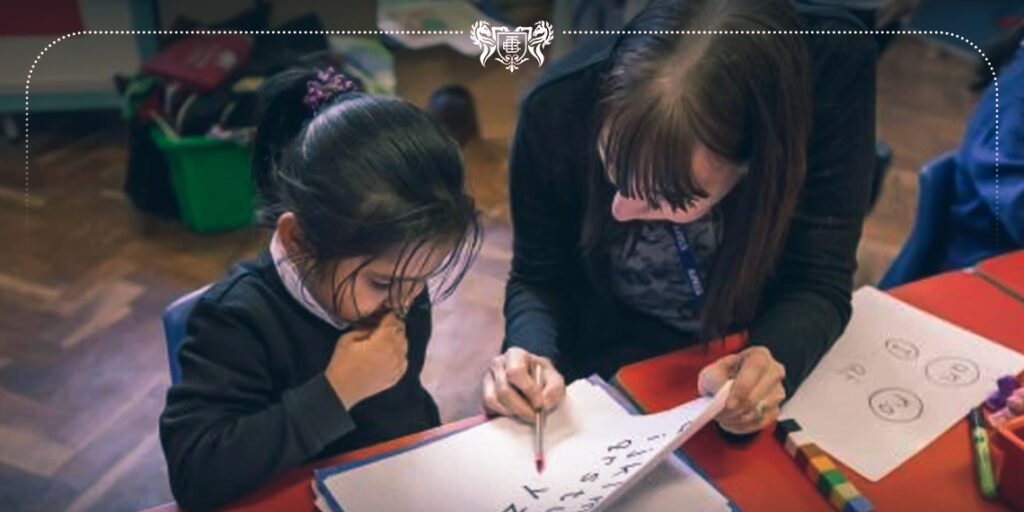The cost of special educational needs (SEN) provision in England has surged to a record £10 billion per year, according to a landmark report by the National Audit Office (NAO).
The number of children and young people eligible for government support via Education, Health and Care Plans (EHCPs) is expected to double to 1 million over the next decade.
Despite this unprecedented level of spending, the NAO’s investigation revealed little to no improvement in the quality of life for children with special educational needs.
Local authorities are being driven towards insolvency due to the increasing demand for specialist services, such as places in special schools, funding for therapists, psychologists, and teaching assistants.
Gareth Davies, head of the NAO, criticised the current state of the system, stating that although the Department for Education (DfE) has increased high-needs funding, the SEN system continues to fail both children and families.
“The government has not yet identified a solution to manage local authority deficits arising from SEN costs, which ongoing savings programmes will not address.
Given that the current system costs over £10bn a year, and that demand for SEN provision is forecast to increase further, government needs to think urgently about how its current investment can be better spent, including through more inclusive education, and developing a cohesive whole-system approach,” Davies added.
Education Secretary Bridget Phillipson acknowledged the gravity of the situation, blaming previous governments for leaving the system in a state of crisis.
“I am determined to rebuild families’ confidence in a system so many rely on – so there will be no more sticking-plaster politics and short-termism when it comes to the life chances of some of our most vulnerable children,” she said.
Phillipson emphasised the need for long-term reforms, with a focus on early intervention and greater mainstream provision, to deliver much-needed change for families.
“The reform families are crying out for will take time, but with a greater focus on mainstream provision and more early intervention, we will deliver the change that is so desperately needed,” she added.
The NAO report has revealed that the number of children and young people requiring statutory support through Education, Health, and Care Plans (EHCPs) could rise dramatically, from 576,000 this year to over 1 million by 2032-33, based on internal forecasts from the Department for Education.
Autism diagnoses are predicted to see the most rapid growth, with the number of children diagnosed in England’s state schools soaring from 57,000 in 2015-16 to 132,000 last year.
The report did not provide a single clear reason for this surge in diagnoses but cited greater awareness of autism and its related needs, potentially accelerated by the effects of the Covid pandemic, along with schools seeking EHCPs to access additional high-needs funding.
Education experts and leaders have warned that the findings highlight the growing crisis in the Special Educational Needs (SEN) system. Local councils, schools, and families have increasingly shouldered the burden of responsibility and costs.
Tom Rees, chief executive of the Ormiston Academies Trust, said that the NAO’s findings underscore the urgent need for SEN system reform.
He emphasised that this is one of the most complex and critical educational reforms of the coming decade.
Richard Kramer, chief executive of the charity Sense, which supports individuals with complex needs, highlighted the devastating impact the current system has on families.
He pointed out that families have “lost all confidence” in the system, with some using savings intended for their children’s future before they even start school, while others leave their jobs to fight for their children’s basic rights.


